Project by Misha Pipercic
Interview by Maria Serena Bongiovanni
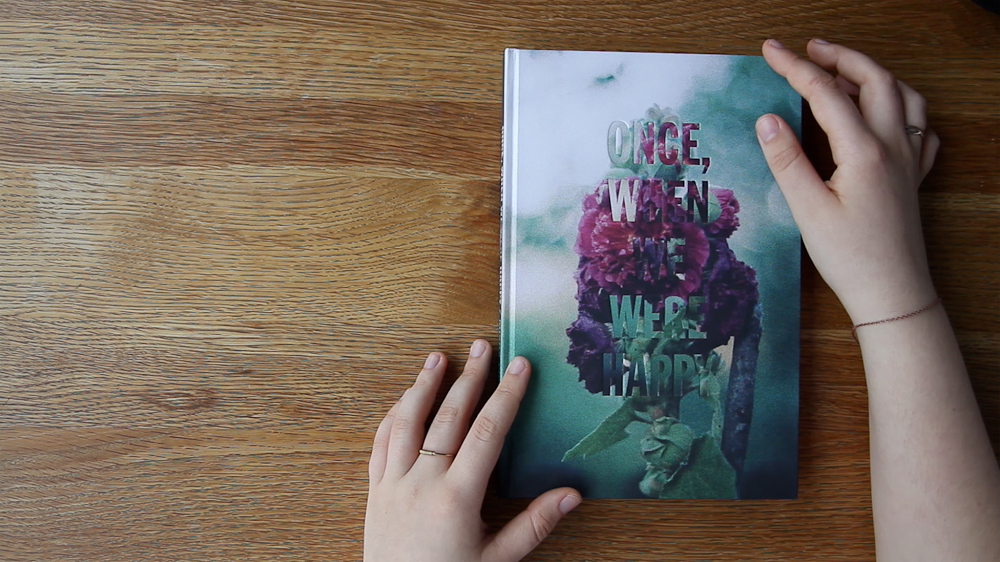
“Today is only one day in all the days that will ever be. But what will happen in all the other days that ever come can depend on what you do today.”
The Nobel Prize Novelist Hernest Hemingway wrote this sentence in his novel “For Whom the Bell Tolls” in 1940.
Hemingway used this words to describe the atrocity of the war and its consequences, day by day. It demonstrates words can make the difference. Since a life course is marked by trajectories and transitions, everything you do can change everything you will do and how you will be.
And what about the images?
Can they explain how wars can change everything?
And how nonsense they are?
This is the aim of “Once, when we were happy” the first photographic book by the Yugoslavian-Dutch photographer Misha Pipercic.

Misha Pipercic was born in Sarajevo in Socialist Federal Republic of Yugoslavia, nowadays capital of Republic of Bosnia Herzegovina, on the day that USSR fall into Czechoslovakia. He arrived in Holland in October 1991 where he attended the University of Applied Photography in Amsterdam.
Perhaps he had a premonition that war was coming to his home place: in April 1992, the war descended on Sarajevo. After the war, his parents left Sarajevo and moved to The Netherlands, where they were granted political asylum. Among the belongings they brought with them were their family photograph albums. That’s the starting point.
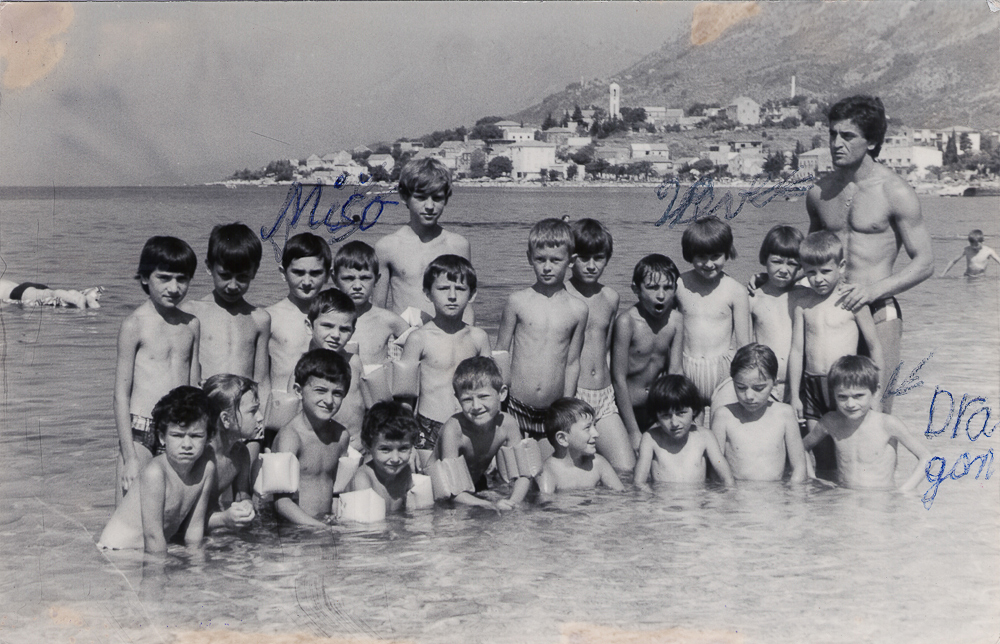
In fact the photobook is a work about emotions, about surviving, about past, present, future, fears, about understanding and not understanding, about consequence of the war, about not forgetting dear people, about wounds and healing.
It could look as a private work but it’s not only an autobiographical book. The photographs are historical records of a country, a civilization, a community which no longer exists and of a political idea that may have been banished from Europe for good.
Misha transports us with him to the time and place (and therefore the value) of the photograph itself today, while we look at the book in order to change how we will be tomorrow. The value of the people, buildings, and images of the past and present depicted in the photos ask for empathy and love.
Are you ready for this kind of awareness?
If so, you can discover how all became a photobook through this interview.
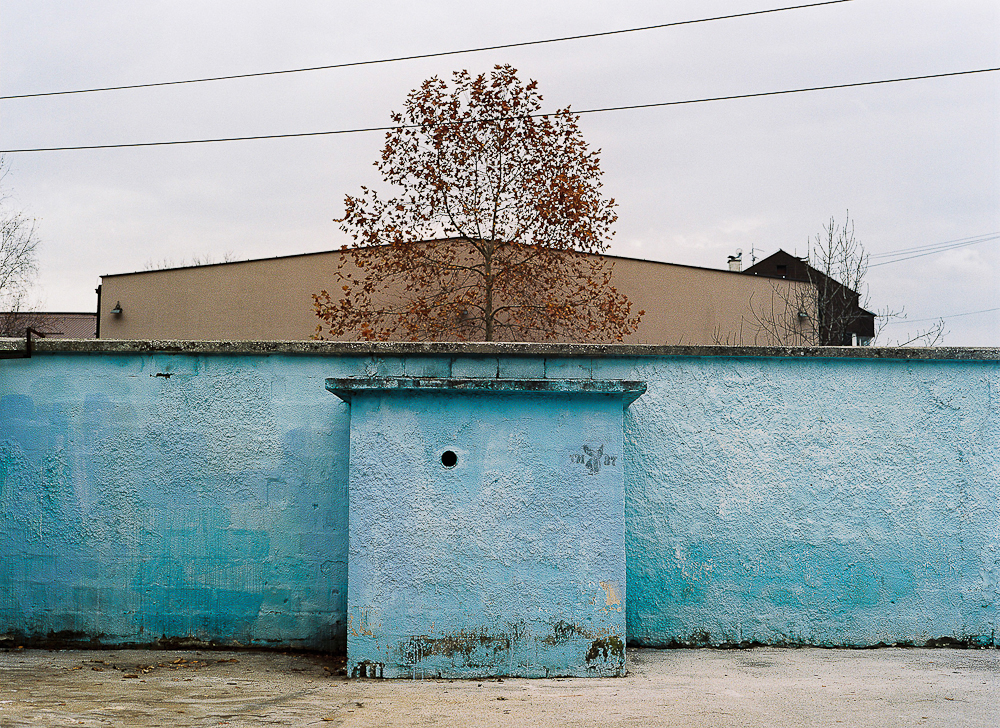
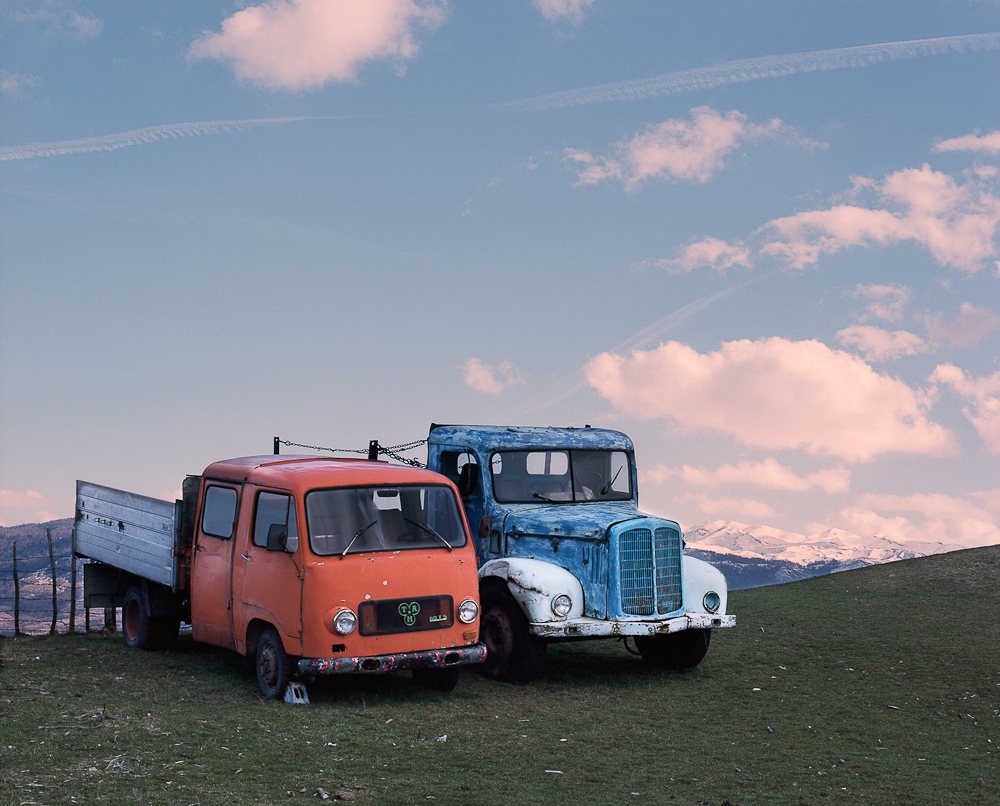
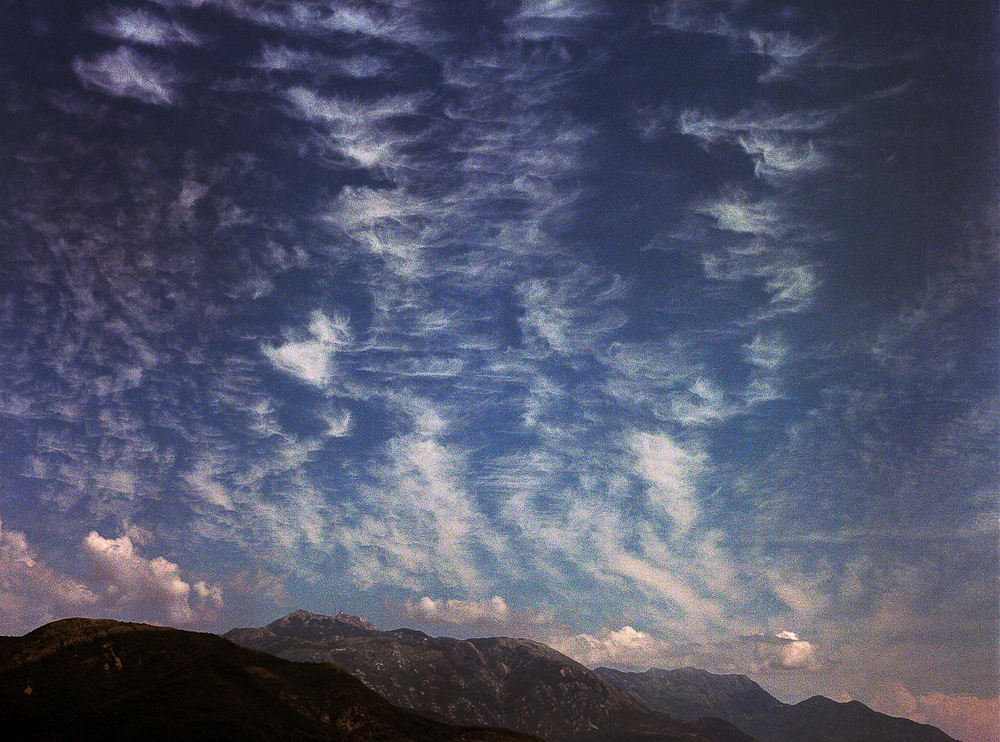
Exploring the photobook
How did you decide to realize ‘Once, when we were happy‘?
I had a need to express myself and to tell my story, story of my parents and the common people from Sarajevo, Bosnia and Yugoslavia.
I am still asking myself: why we had this war? Many of us lost a lot. I lost my brother. He was 21 years old. My parents were whole war in Sarajevo.
When they came to The Netherlands after the Bosnian war, the only things they took with them were pre-war photos, our family albums. I have decided to follow up on those old photo albums. I scanned them and went looking for people from my youth. I did not find everyone back, but started taking new pictures of people and places in my home country.
A combination of those old and new photos, portraits, street images, nature photos and almost abstract images, together form the book “Once, when we were happy”. Evelien Lindeboom said in interview for Pf next “The project grew into a very intimate, poetic life’s work, full of painful and loving memories, with a leading role for family and homeland”.
“I hope people can recognize how bad is war but also how life is wonderful“.
There was this sentence in your book and I was impressed by it.
To you, photography’s role is to create awareness about social issue?
This book is not just a migrant story and it is not just a story about the war, Bosnia and the former Yugoslavia. I am not limited to that, because the story would be too poor and sad. I do not want the book to be just sad, because life is not just sad.
Many people do not like migrants. In fact, we are all migrants, we are here today and tomorrow we are not. Perhaps this is a story of transience. In the book I describe the events in my life. My feelings, my love, my fears.
I accept, analyze, forgive, enjoy, follow and photograph the events in my life, the lives of relatives, friends and some bystander Bosnians, Herzegovinians, Serbs, Croats, Dutch, and others who do not care what their religions and nationalities are. When I make a photograph I want to make it in a poetical and magical way, so it will never bore you.
Flowers healed my wounds
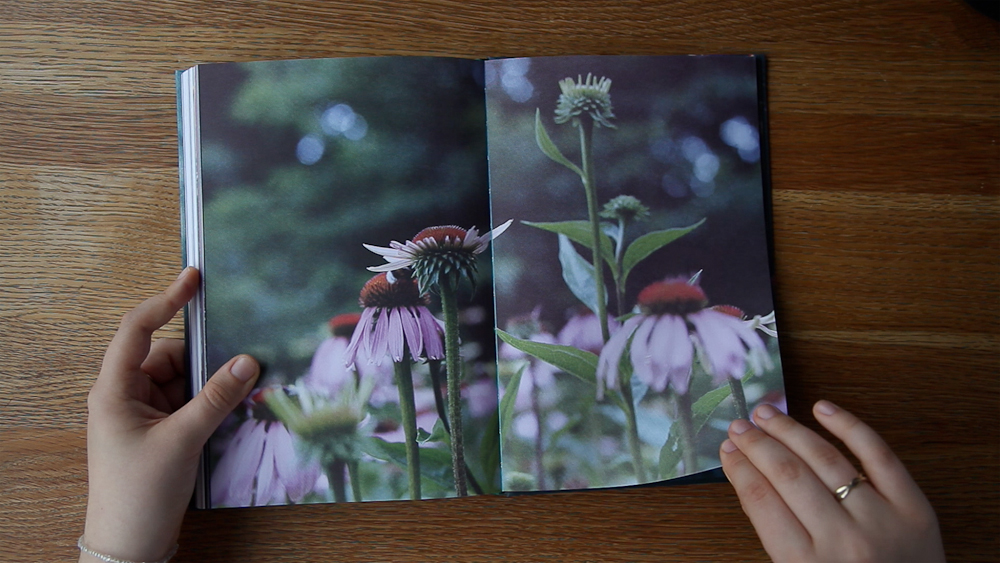
Would you like to explain us the meaning of the flowers?
The whole project was often overwhelmingly sad, so if it became too much for me, the suffering of the people, then I would set out to photograph landscapes and nature. Close-ups of trees, flowers, petals swirl through the book and make it bearable. It would simply be too heavy without the light-heartedness of nature. Flowers healed my wounds.
You said you took each photo with love and it’s an optimistic book. Is the book more an artwork for yourself or the viewers?
Probably it is more for the viewer as I see the book more as the part of my life. Viewer does not know the fases I made during the process, but just the end result.
“The project grew into a very intimate, poetic life’s work, full of painful and loving memories, with a leading role for family and homeland.”
Evelien Lindeboom

You worked with different media as film and scanner and you took photos only with analogically cameras, is there a specific reason behind this choice? How technology can shape your work or even your feelings?
I used analogue cameras and film and worked only with natural light in order to produce smooth, natural looking images nonetheless allowing rougher, at times dreamy and poetic aesthetics. All other technical details I used just to convert ideas into something I can present it to viewer.
The project ‘Once When We Were Happy’ started in 2013 and finished it in March 2019 with the book. Did you change you perception of your homeland through these years? Do you think the socio-cultural image changed worldwide?
Situation in Bosnia and Herzegovina and whole Balkan is very complicated. I am living in Amsterdam and that is why I can look at Bosnia from birds perspective. Bosnia is beautiful and I love it. But Bosnia need a help. Especially the culture is suffering: Bosnia is part of the Europe, but it is completely forgotten in EU and often it seems as it is on other planet.
Do you think you’ll continue working in book form?
Yes, I think I’ll continue working in book form because I like the book as medium. It gives me feeling that story is finished. The whole process of making a photography book is heavy, but I enjoy every minute. At the moment I am working on three projects. I am very curious which one of them will get the book form, but actually I would like all three to become a book.
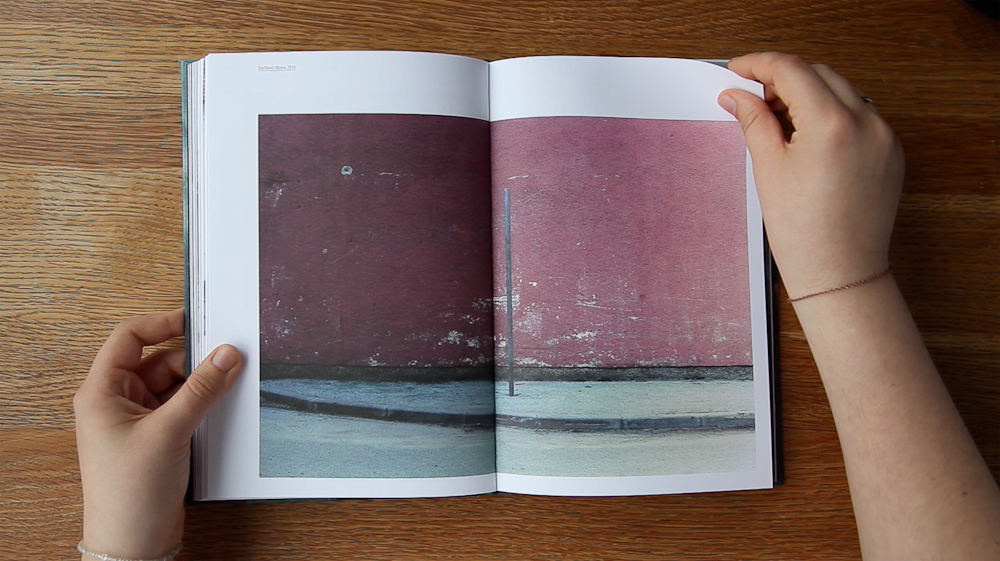
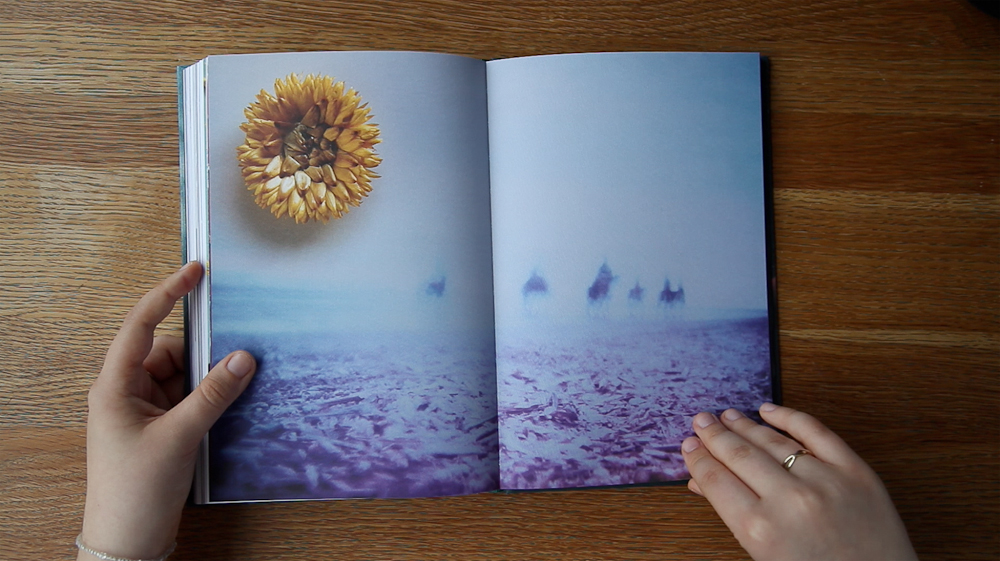
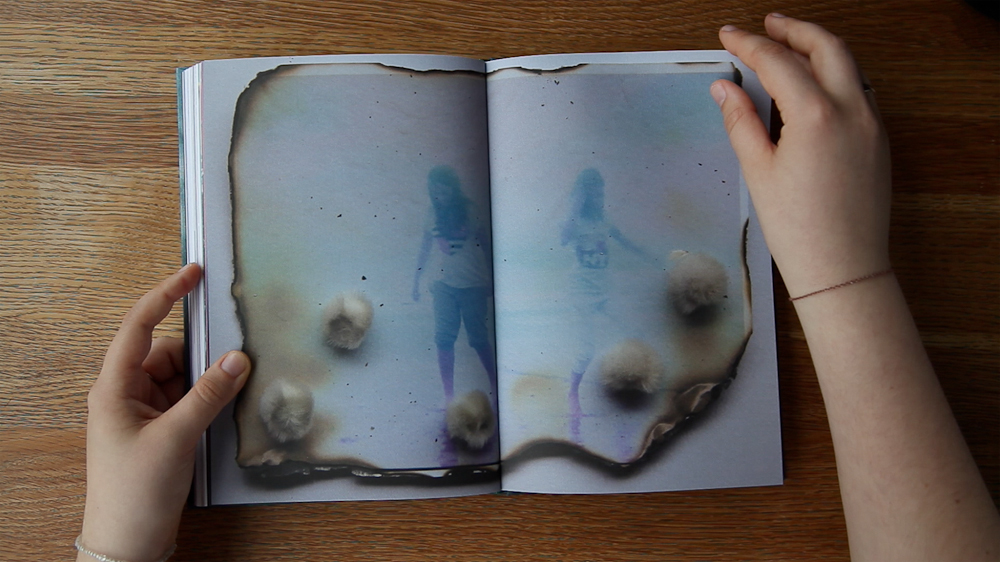
“I think this book can be an important document for Bosnia and Herzegovina, but also for the former Yugoslavia, for the relations and better understanding between the former Yugoslav nations and the nations of European Community”.
With this book I want to open the dialogs between the people of former Yugoslavia and people abroad who are interested in Bosnia and other parts of former Yugoslavia.
But, also, not only that. This book is showing absurd and nonsense of the war as well as social and cultural consequences.”
THANK YOU MISHA.
Buy “Once, when we were happy” here
Ph. © Misha Pipercic

Like!! I blog quite often and I genuinely thank you for your information. The article has truly peaked my interest.